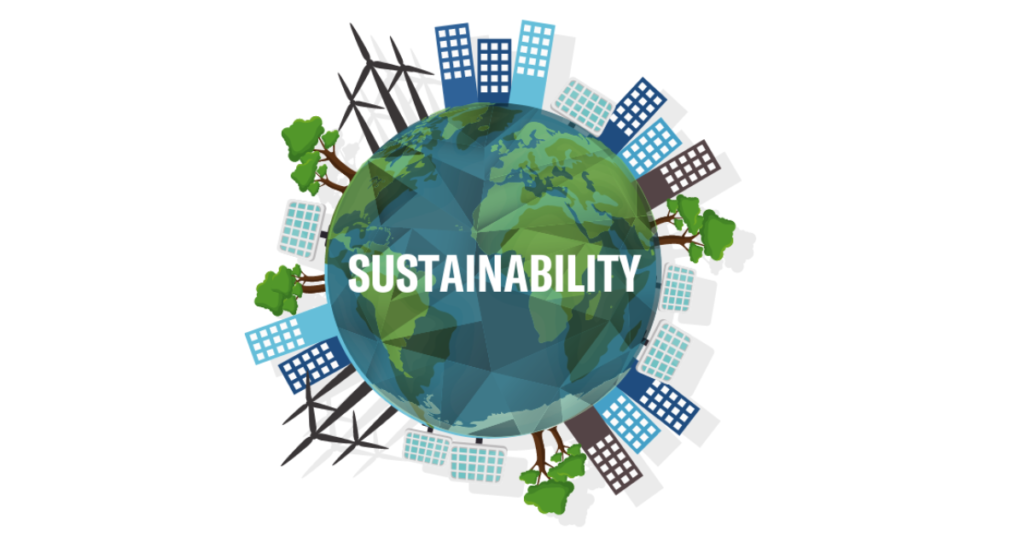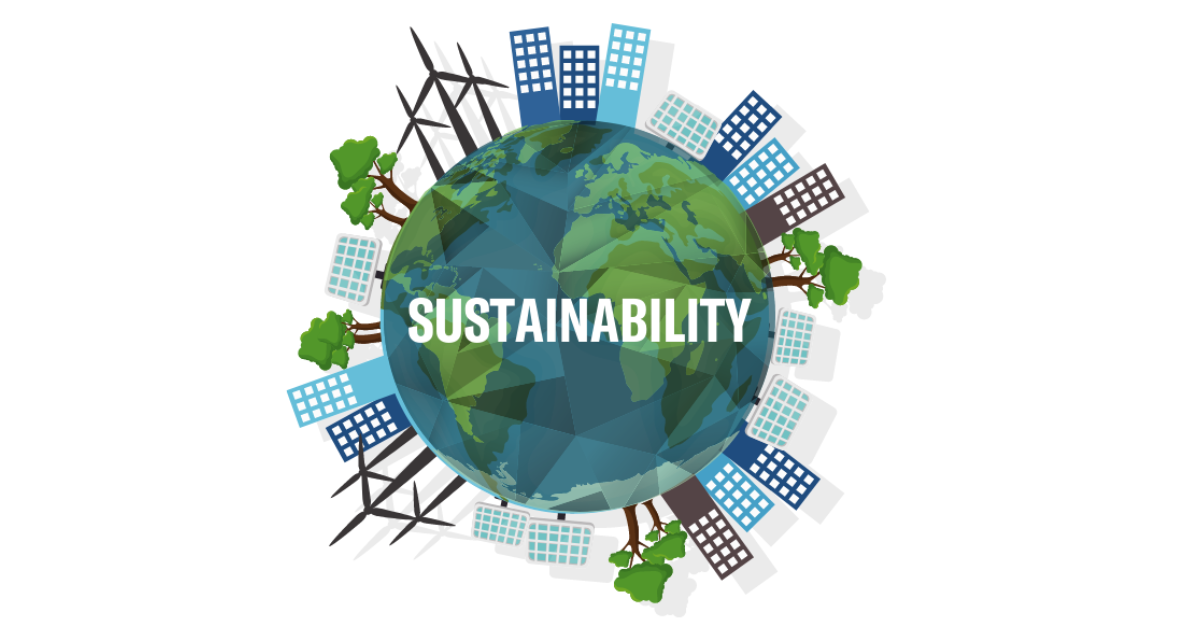In recent years, the urgency of addressing climate change and environmental degradation has transformed sustainability into a critical area of focus for universities worldwide. This article explores how higher education institutions are spearheading sustainability research, the methodologies employed, key findings, and their implications for both academia and society at large.

Understanding Sustainability in the Academic Context
Sustainability refers to meeting the needs of the present without compromising the ability of future generations to meet their own needs. In the context of university research, it encompasses various disciplines, including environmental science, engineering, social sciences, and business. Universities play a pivotal role in fostering sustainability through research that not only generates knowledge but also encourages practical applications aimed at solving pressing environmental issues.
The Role of Universities in Sustainability Research
1. Knowledge Generation
Universities are primary centers for knowledge generation. Researchers collaborate across disciplines to address complex sustainability challenges, such as:
- Climate Change: Investigating the causes, effects, and mitigation strategies of global warming.
- Resource Management: Studying sustainable practices for managing natural resources, including water, land, and biodiversity.
- Energy Systems: Developing renewable energy technologies and optimizing energy efficiency.
These research initiatives are often supported by interdisciplinary teams, enabling a holistic approach to sustainability.
2. Innovation and Technology Development
Research in sustainability often leads to the development of innovative technologies that promote sustainable practices. For example:
- Green Technologies: Research in engineering departments may result in breakthroughs in solar energy, wind power, and energy storage systems.
- Sustainable Agriculture: Agricultural scientists explore methods to improve crop yields while minimizing environmental impact, such as through organic farming and precision agriculture.
Universities not only innovate but also serve as incubators for startups focused on sustainability.
3. Policy Advocacy and Community Engagement
Beyond research, universities have a responsibility to advocate for sustainable policies and practices. This involves:
- Collaboration with Government and NGOs: Universities partner with public and private organizations to develop sustainable policies that can be implemented at local, national, and global levels.
- Community Outreach: Many universities engage with local communities, offering expertise and resources to help them adopt sustainable practices.
4. Education and Capacity Building
Sustainability research also informs educational programs. Universities are increasingly integrating sustainability into their curricula, ensuring that students are equipped with the knowledge and skills to address future challenges. This includes:
- Interdisciplinary Courses: Offering programs that combine environmental science, social justice, and economic development.
- Experiential Learning: Providing students with hands-on opportunities to engage in sustainability projects, fostering a culture of sustainability within the student body.
Key Areas of Sustainability Research
1. Climate Science
Climate science remains at the forefront of sustainability research. Universities conduct vital research on climate models, mitigation strategies, and adaptation techniques to help communities cope with the impacts of climate change. Notable findings include:
- The importance of reducing greenhouse gas emissions to limit global warming to below 2 degrees Celsius.
- Strategies for enhancing urban resilience, such as green infrastructure and sustainable urban planning.
2. Sustainable Agriculture
Research in sustainable agriculture focuses on practices that improve food security while minimizing environmental impacts. Key research areas include:
- Organic Farming: Studies on the benefits and challenges of organic versus conventional farming.
- Agroecology: Exploring the integration of ecological principles into agricultural practices.
3. Renewable Energy
Universities are vital in advancing renewable energy research. This includes:
- Development of more efficient solar panels and wind turbines.
- Research into alternative fuels and energy storage solutions, such as batteries and hydrogen.
4. Water Resources Management
Sustainable water management is crucial for combating water scarcity and ensuring clean water access. Key areas of research include:
- Water Conservation Techniques: Innovations in irrigation and rainwater harvesting.
- Pollution Mitigation: Researching methods to reduce pollutants in water bodies and improve water quality.
Impact of University Sustainability Research
The implications of sustainability research conducted at universities extend beyond academia. They influence policy, industry practices, and community behaviors.
1. Policy Influence
Research findings often inform governmental policies on environmental protection and resource management. For instance, studies demonstrating the effectiveness of certain climate policies can lead to their adoption at national or international levels.
2. Economic Development
Sustainability research can drive economic growth by fostering the development of green technologies and industries. Universities act as catalysts for innovation, providing support to startups and established companies focused on sustainability.
3. Community Awareness and Action
By engaging with local communities, universities raise awareness of sustainability issues. This fosters community action, encouraging individuals and organizations to adopt more sustainable practices.
Challenges Facing Sustainability Research in Universities
While universities are making strides in sustainability research, several challenges persist:
1. Funding Limitations
Research initiatives often rely on external funding, which can be unpredictable. The need for significant investment in sustainability projects can limit the scope and impact of research efforts.
2. Interdisciplinary Barriers
Sustainability is inherently interdisciplinary, yet institutional structures may hinder collaboration between departments. Overcoming these barriers is essential for maximizing research outcomes.
3. Data Availability
Access to reliable and comprehensive data is crucial for effective sustainability research. In some cases, data scarcity can impede researchers’ ability to draw meaningful conclusions.
Future Directions in University Sustainability Research
As the global community grapples with environmental challenges, universities must continue to adapt and innovate in their sustainability research efforts. Future directions may include:
1. Emphasis on Social Equity
Sustainability research must address social justice issues, ensuring that vulnerable communities are not disproportionately affected by environmental policies and practices.
2. Integration of Technology
Leveraging advancements in technology, such as artificial intelligence and big data analytics, can enhance research capabilities and improve decision-making processes.
3. Global Collaboration
Increasing collaboration between universities worldwide can facilitate knowledge sharing and the development of best practices in sustainability research.
Conclusion
University sustainability research plays a critical role in addressing some of the most pressing environmental challenges of our time. By generating knowledge, fostering innovation, advocating for policy change, and educating future leaders, universities are helping to pave the way toward a more sustainable future. As the landscape of sustainability research evolves, universities must continue to rise to the challenge, driving meaningful change for both the planet and society.
